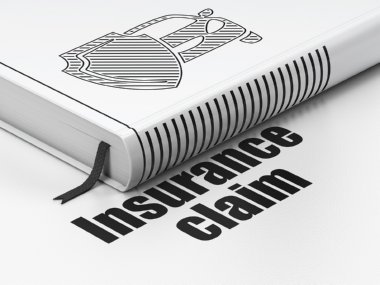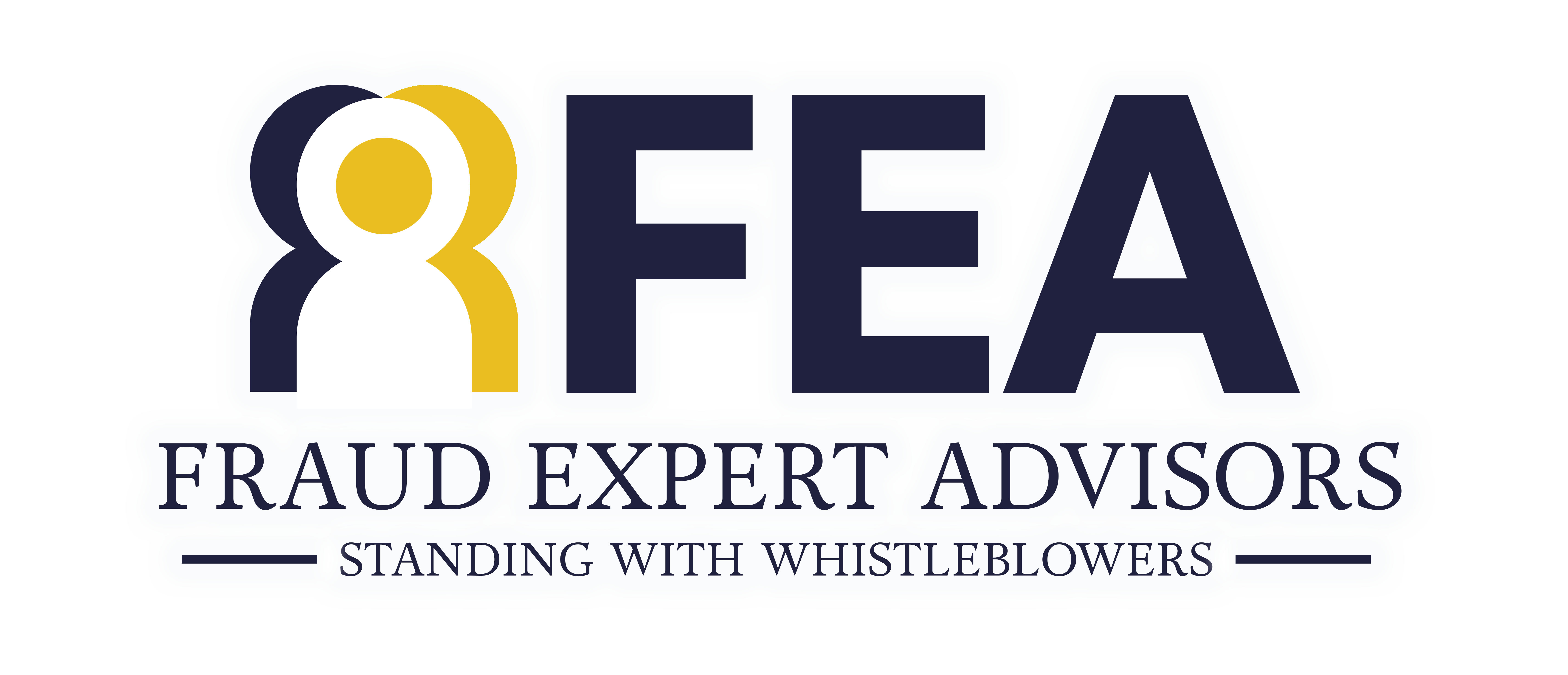

Report Pharmaceutical Fraud
Pharmaceutical fraud involves activities that result in false claims to insurance companies or government programs such as Medicare. There are a variety of schemes that are used to defraud the health care system which includes Good Manufacturing Practice Violations, Off-Label Marketing, Best Price Fraud, CME fraud, Medicaid Price Reporting, and Manufactured Compound Drugs.
*Rewards up to 15-25% of the recovered sum*
Report SEC Fraud
Securities fraud, also known as stock fraud and investment fraud, is a deceptive practice in the stock or commodities markets that induces investors to make purchase or sale decisions on the basis of false information, frequently resulting in losses, in violation of securities laws. The FCPA (Foreign Corruption Protection Act) falls under the purview of the SEC? The FCPA rewards whistleblowers for reporting any payment made to any domestic or international government official in exchange for access to business deals or favorable treatment in a contract bid. Regardless of the size of the payment, it is considered a bribe and the government will seek damages up to three times the value of the contract or profit made as a result of the bribe.
The Securities and Exchange Commission has awarded more than $250 million to whistleblowers since the inception of the agency’s whistleblower program in 2011. Commission weighs various factors about a whistleblower’s contribution and assistance. Awards range from 10 to 30 percent of money collected in a case.


Report Healthcare Fraud
Examples of healthcare fraud are medical insurance fraud with includes upcoding medical claims, upcoding E/M visits or unbundling of procedure codes to receive higher reimbursement from Medicare or Medicaid, failure to report overpayments, and paying kickbacks for referrals to doctors.
*Rewards up to 15-25% of the recovered sum*
Report Financial Fraud
Financial fraud can be broadly defined as an intentional act of deception involving financial transactions for purpose of personal gain. Fraud is a crime, and is also a civil law violation. This includes mortgage fraud, fraud involving credit swaps, and Foreign Currency Exchange (FOREX) fraud.
*Rewards up to 10-30% of the recovered sum*


Report Procurement Fraud
Procurement fraud is any fraud relating to a company purchasing goods, services, or commissioning construction projects from third parties. Fraud can happen when the tender process has not been followed so that fraud can be committed, or when there is bid rigging.
Report Tax IRS Fraud
In the United States of America, federal tax evasion is defined as the purposeful, illegal attempt to evade the assessment or the payment of a tax imposed by federal law. Conviction of tax evasion may result in fines and imprisonment.
The law provides for two types of awards. If the taxes, penalties, interest and other amounts in dispute exceed $2 million, and a few other qualifications are met, the IRS will pay 15 percent to 30 percent of the amount collected. If the case deals with an individual, his or her annual gross income must be more than $200,000. If the whistleblower disagrees with the outcome of the claim, he or she can appeal to the Tax Court. These rules are found at Internal Revenue Code IRC Section 7623(b) – Whistleblower Rules.
The IRS also has an award program for other whistleblowers – generally those who do not meet the dollar thresholds of $2 million in dispute or cases involving individual taxpayers with gross income of less than $200,000. The awards through this program are less, with a maximum award of 15 percent up to $10 million.


Report Power Oil Gas Fraud
Fraud related to the electric, oil, or gas industries. This can include power companies purposely overcharging customers, misleading customers about the quality of the power or oil, Electricity frauds, or doorstep electricity meter credit scams, often involve being offered cut-price energy for those who use pre-payment meters. Criminals use cloned keys to top up energy credit illegally.
Report Insurance Fraud
Insurance fraud is any act committed with the intent to obtain a fraudulent outcome from an insurance process. This may occur when a claimant attempts to obtain some benefit or advantage to which they are not otherwise entitled, or when an insurer knowingly denies some benefit that is due.

